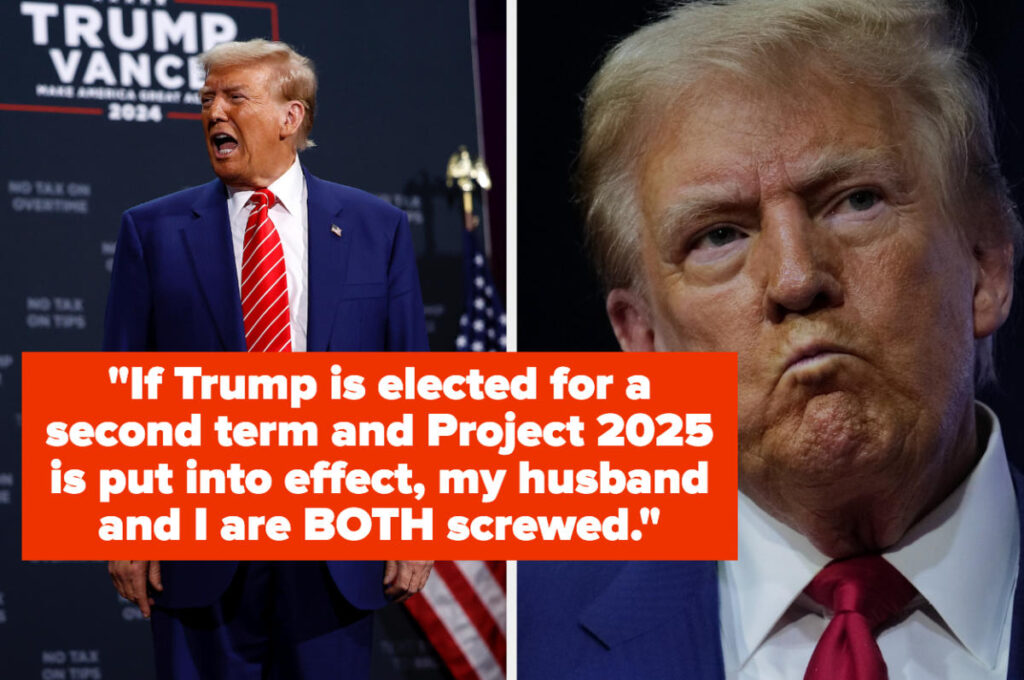With just two weeks until the 2024 Election, BuzzFeed’s election diaries spotlight the voices of rural Americans, revealing a significant split in political sentiment. While a substantial 56% of respondents are highly motivated to vote, there’s an overarching trend indicating strong support for Democratic candidate Kamala Harris over Republican candidate Donald Trump, with 77% of the surveyed voters favoring Harris and only 19% backing Trump. This polling data reflects a pivotal moment in understanding how rural communities are responding to national issues and their perceptions of the two candidates.
Several rural voters shared their personal experiences and reasons behind their voting choices in the upcoming election. One mother from Appalachia articulated her fears regarding reproductive rights and Project 2025, asserting a sense of moral duty to support Kamala Harris due to her concerns about Trump’s views and actions as president. This narrative was echoed by others who pointed to women’s rights, economic worries, including job availability, job security, and healthcare access as prevailing issues that sway their support towards Harris over Trump, whom they view as untrustworthy.
In stark contrast, Trump’s supporters voiced their opinions with conviction about his ability to manage the economy, particularly mentioning how it performed during his presidency. Voters noted their desire for political candidates who focus on economic growth and the complexities of everyday life in rural areas, clearly highlighting a belief that Trump’s approaches would be beneficial for their communities. They perceive Harris’s policies as detrimental and believe they could further exacerbate the existing economic challenges, such as inflation and rising living costs.
Many respondents disillusioned with both candidates expressed skepticism about the effectiveness of national leaders addressing local needs, emphasizing their focus on local issues instead. They indicated a desire for stronger representation of rural America and voiced frustration about both candidates’ perceived neglect for their communities. This sentiment was particularly strong among those who are socially conscious, rejecting the notion of supporting candidates based solely on party allegiance and emphasizing a examination of individual policies and character.
Recurrent themes emerged throughout these discussions, particularly concerning social issues like gun control and climate change. For some voters, these issues are fundamental reasons for their preference. They are concerned about the potential impacts of climate change on rural life and recognize the urgent need for policies that address these dangers. These rural voices also highlighted the need for fairness and equity in political representation, alluding to challenges faced by marginalized groups in their communities.
Ultimately, the responses encapsulate a divided rural voter landscape wherein economic anxiety, social justice, and personal values play pivotal roles in determining voting choices. As Election Day approaches, these perspectives will likely influence the national conversation about the election and emphasize the importance of addressing the needs and concerns of rural Americans in political narratives. In this crucial period, both candidates need to engage with rural voters who feel overlooked and strive to address the multifaceted issues that matter to them.

